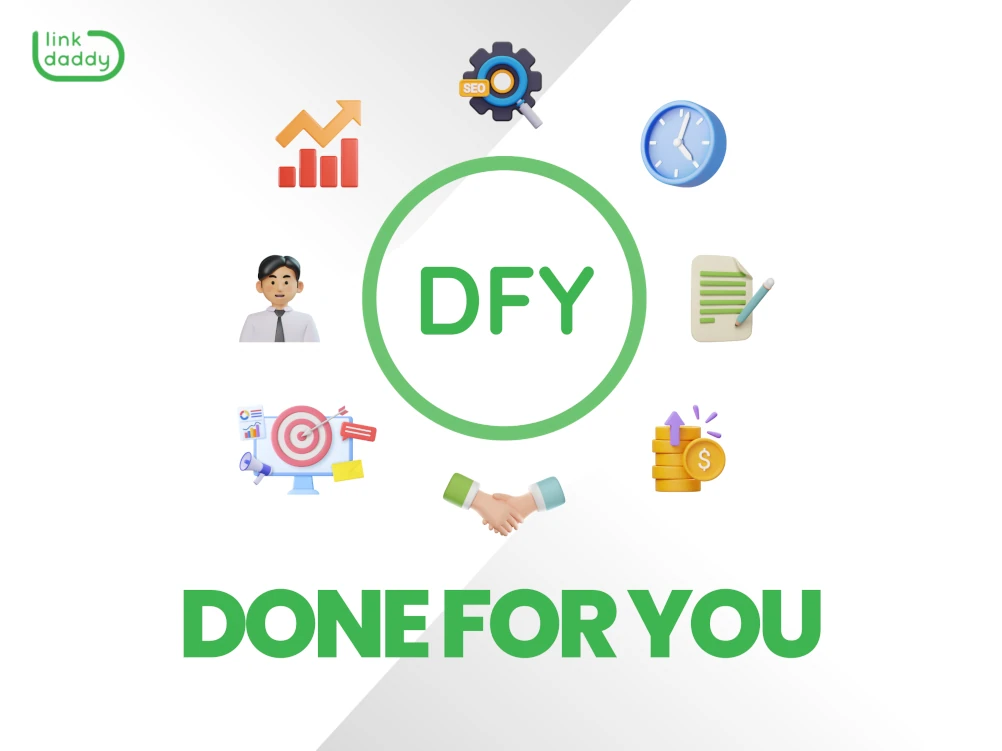Universal Cloud Service Explained: Solutions for Global Enterprises
Universal Cloud Service Explained: Solutions for Global Enterprises
Blog Article
Understanding the Different Kinds Of Cloud Services and Their Uses
From Infrastructure as a Solution (IaaS) to Software Program as a Service (SaaS), each kind of cloud service serves an one-of-a-kind purpose and offers distinct benefits. By exploring the nuanced performances and applications of each cloud solution, one can browse the intricacies of cloud computing with precision and insight.
Infrastructure as a Service (IaaS)
Facilities as a Service (IaaS) offers customers with virtualized computer resources over the net on a pay-as-you-go basis. This cloud computer version delivers important IT facilities such as online equipments, storage, and networking without the need for organizations to spend in and manage physical web servers and information centers. With IaaS, customers can scale sources up or down based upon their requirements, using flexibility and cost-efficiency.
Among the key advantages of IaaS is its ability to quickly stipulation and release framework components, making it possible for businesses to respond swiftly to changing demands and market problems. By outsourcing facilities administration to the solution provider, companies can concentrate more on their core organization tasks instead of taking care of the complexities of equipment upkeep and upgrades.
Moreover, IaaS uses a high level of dependability and security, with suppliers commonly supplying durable data backup, catastrophe recovery, and cybersecurity actions. This assists make certain that important service procedures stay undisturbed and data continues to be protected against prospective threats. linkdaddy cloud services. Generally, Facilities as a Solution improves IT procedures, enhances scalability, and minimizes capital investment for businesses of all dimensions
Platform as a Solution (PaaS)
Building upon the foundation of Facilities as a Service (IaaS), System as a Solution (PaaS) offers an extensive environment for designers to produce, release, and take care of applications without the complexities of underlying framework administration. PaaS supplies a platform with devices and services that improve the development procedure, permitting programmers to concentrate on creating code and building applications instead of dealing with framework concerns.

Software Application as a Solution (SaaS)
Software Application as a Service (SaaS) transforms the method organizations access and use software program applications by providing them on a subscription basis via cloud companies. This cloud computing design removes the demand for companies to keep and install software application on specific gadgets, as whatever is organized and managed centrally in the cloud.
SaaS provides an economical solution for companies as they just spend for the software they use without the added costs of equipment upkeep or software program updates. It likewise uses scalability, allowing business to easily change their software program needs based upon their requirements.
Furthermore, SaaS applications can be accessed from any gadget with a net link, promoting collaboration and adaptability among remote groups. Safety and security is a top priority in SaaS, with providers executing robust steps to shield data saved in the cloud.
Popular examples of SaaS consist of consumer partnership monitoring (CRM) software application like Salesforce, productivity devices like Microsoft Office 365, and cooperation platforms like Google Workspace. SaaS proceeds to gain traction in the organization world because of its benefit, cost-efficiency, and scalability.
Feature as a Service (FaaS)
With the evolution of cloud services like Software as a Service (SaaS) improving website here software program distribution, Feature as a Service (FaaS) represents a standard shift in exactly how code is performed in a serverless setting. FaaS allows designers to compose and carry out private features or pieces of code in reaction to specific events without the requirement to manage the framework. This serverless computing version enables programmers to focus exclusively on composing code to carry out specific functionalities, without worrying themselves with the underlying facilities or web server monitoring.
Features are implemented in stateless containers that are spun up and down as required, guaranteeing optimum source usage and cost-effectiveness. By abstracting the facilities layer, FaaS simplifies advancement, speeds up time to market, and boosts general agility in releasing cloud-native applications.
Storage Space as a Solution (STaaS)
A basic component in cloud computer, Storage as a Solution (STaaS) gives customers with a efficient and sites scalable option for handling data storage space demands. STaaS enables companies to keep and fetch information from remote web servers through the web, eliminating the requirement for on-premises hardware. This solution offers versatility by making it possible for customers to pay just for the storage space they make use of, making it an affordable solution for organizations of all sizes.

STaaS is especially useful for businesses with varying storage space needs, as it supplies a reputable and secure storage space solution without the demand for considerable upfront investments. By leveraging STaaS, organizations can streamline their data management procedures, improve ease of access, and improve data safety and security in an inexpensive fashion.

Conclusion
In conclusion, recognizing the different kinds of cloud solutions and their usages is vital for individuals and companies looking to leverage the advantages of cloud computer. Each kind of cloud service provides special benefits and performances, accommodating details needs and requirements. By making use of the ideal cloud solution, organizations can improve their performance, scalability, and flexibility in managing their IT infrastructure and applications. It is important to analyze the particular needs and goals prior to picking the proper cloud solution for official source optimum performance.
From Facilities as a Service (IaaS) to Software Application as a Solution (SaaS), each kind of cloud service serves an one-of-a-kind purpose and provides distinctive benefits. Cloud Services. By exploring the nuanced capabilities and applications of each cloud service, one can navigate the intricacies of cloud computer with precision and foresight
With the advancement of cloud services like Software program as a Solution (SaaS) improving software shipment, Function as a Solution (FaaS) stands for a standard change in how code is implemented in a serverless atmosphere.In final thought, recognizing the various kinds of cloud solutions and their uses is necessary for people and businesses looking to utilize the benefits of cloud computer. By making use of the best cloud solution, companies can enhance their efficiency, scalability, and versatility in managing their IT framework and applications.
Report this page